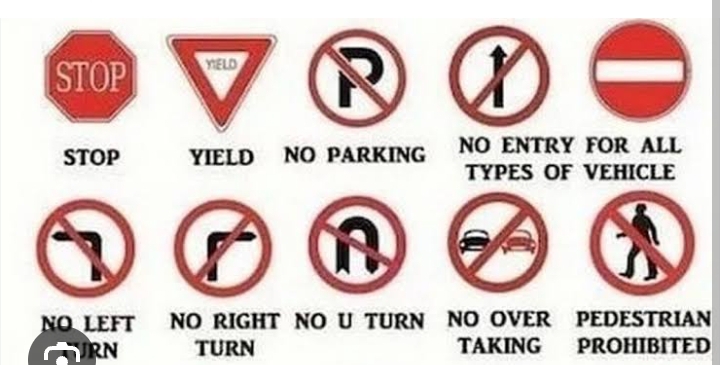Nigeria road traffic rules
Navigating Nigeria’s Road Traffic Rules:
With a rapidly growing population and bustling cities, Nigeria faces significant challenges in managing its road traffic. As a driver or pedestrian in Nigeria, it is essential to have a solid understanding of the country’s road traffic rules to ensure your safety and the smooth flow of traffic. In this article, we will provide a comprehensive guide to Nigeria’s road traffic rules, covering important regulations, traffic signs, and general driving etiquette.
Obtaining a Driver’s License
Before hitting the road in Nigeria, it is mandatory to possess a valid driver’s license. The process involves applying at the nearest Driver’s License Centre, where you will need to complete an application form, provide necessary documents (such as proof of age, proof of residency, and medical certificate), and pass a written and practical driving test.
Driving Regulations
a. Speed Limits: Speed limits in Nigeria vary depending on the type of road and location. In urban areas, the general speed limit is typically 50 km/h (31 mph), while on highways, it can range from 80 km/h (50 mph) to 120 km/h (75 mph). Pay attention to posted speed limit signs and adjust your speed accordingly.
b. Seat Belts: It is mandatory for all occupants of a vehicle to wear seat belts while the vehicle is in motion. Ensure that both the driver and passengers are properly buckled up, as failure to do so can result in fines or penalties.
c. Mobile Phone Usage: The use of mobile phones while driving is strictly prohibited, except with hands-free devices. This regulation aims to minimize distractions and enhance road safety. It is advisable to pull over if you need to make or receive a call.
d. Drunk Driving: Driving under the influence of alcohol or drugs is a serious offense in Nigeria. The blood alcohol concentration (BAC) limit is set at 0.05%. It is recommended to avoid alcohol entirely when you are planning to drive.
e. Overtaking: Overtaking should be done with caution and only in safe conditions. It is prohibited to overtake on bends, at pedestrian crossings, or near intersections. Always check your mirrors and use your indicators before attempting to overtake.
f. Traffic Congestion: In heavily congested areas, it is crucial to exercise patience and maintain lane discipline. Avoid using the hard shoulder as an additional lane unless instructed by traffic officials.
Traffic Signs and Signals
Nigeria adopts international traffic signs and signals to ensure uniformity and clear communication on the roads. Familiarize yourself with the following common traffic signs:
a. Stop Sign: This sign indicates that you must come to a complete stop and yield to other vehicles before proceeding.
b. Yield Sign: When you encounter a yield sign, you must slow down, yield the right-of-way to vehicles approaching from other directions, and proceed with caution.
c. Speed Limit Sign: This sign indicates the maximum speed limit allowed on a particular road section.
d. No Parking Sign: This sign signifies areas where parking is prohibited. Ensure that you park only in designated areas to avoid fines or towing.
e. Pedestrian Crossing Sign: This sign alerts drivers to the presence of a pedestrian crossing. Exercise caution and yield to pedestrians when approaching these areas.
Driving Etiquette and Safety Tips
a. Horn Usage: In urban areas, honking your horn should be used sparingly and only to alert other road users of an imminent danger. Unnecessary or excessive honking can be seen as noise pollution.
b. Lane Discipline: Stick to your lane and avoid unnecessary lane changes. Use indicators to signal your intentions before changing lanes.
c. Right of Way: Respect the right of way at intersections.

